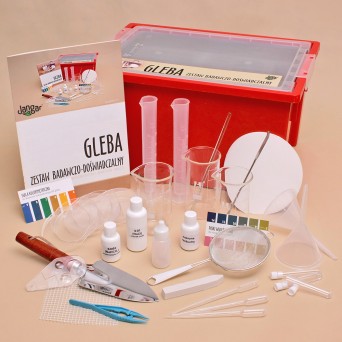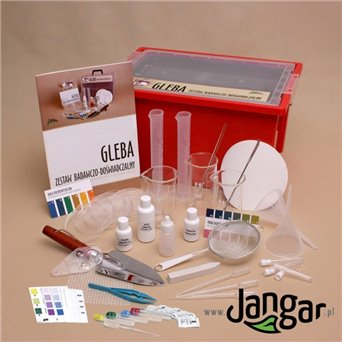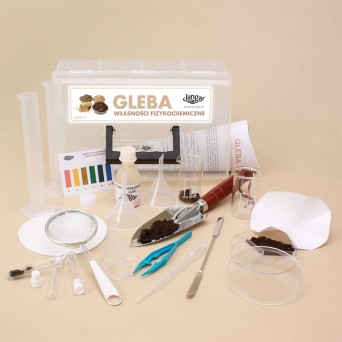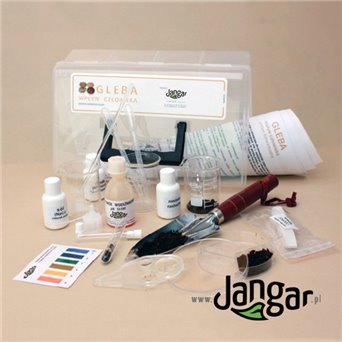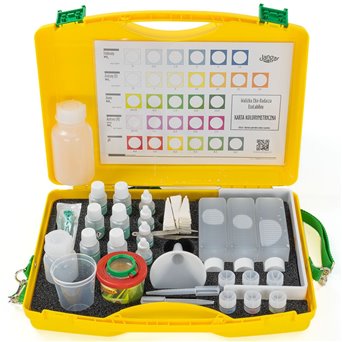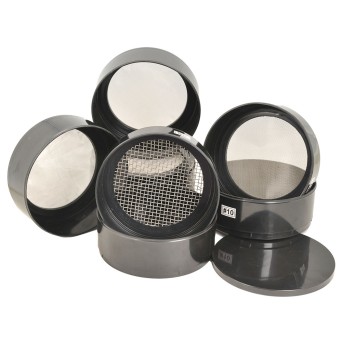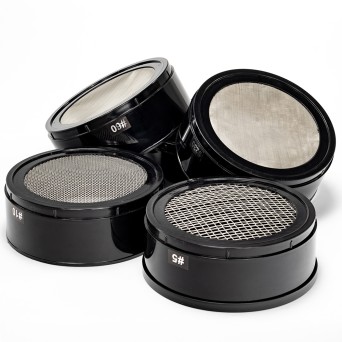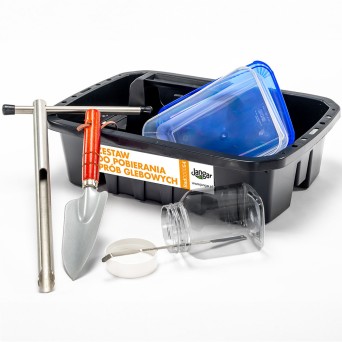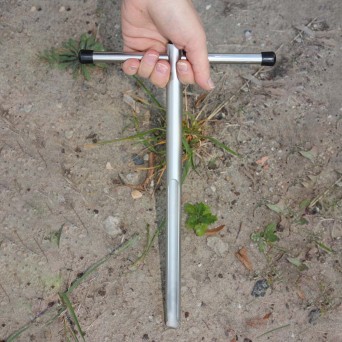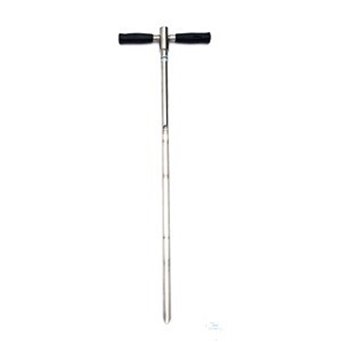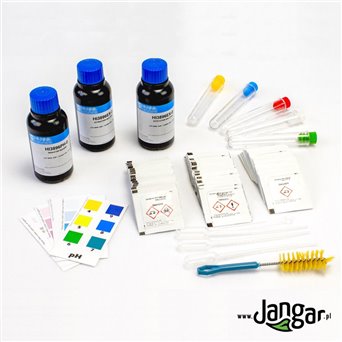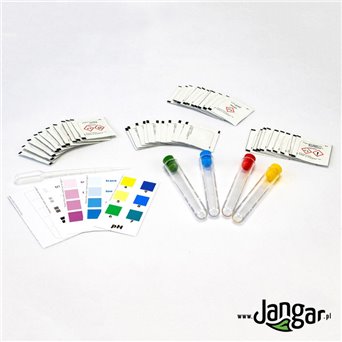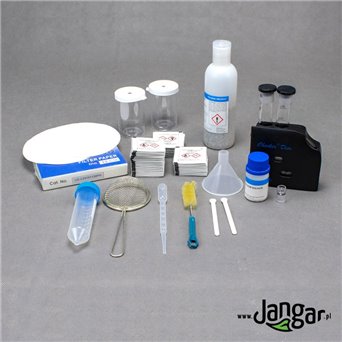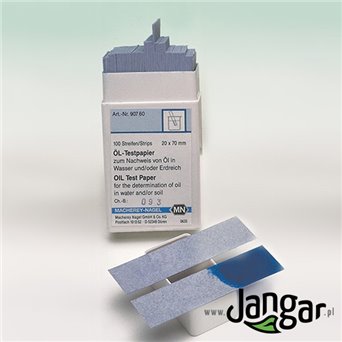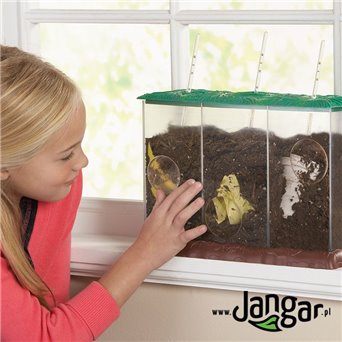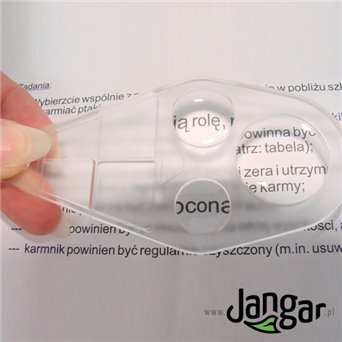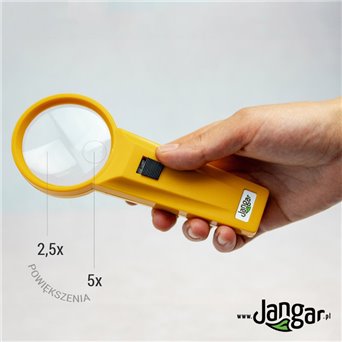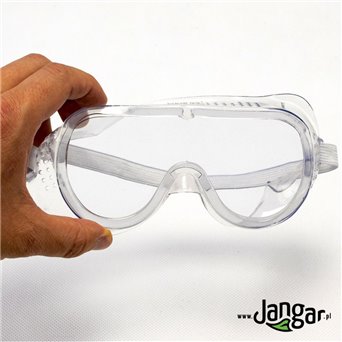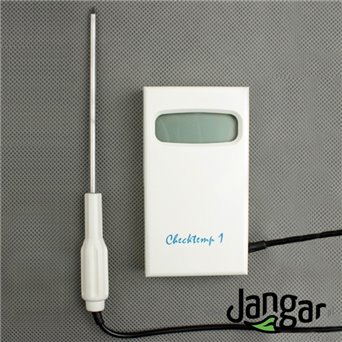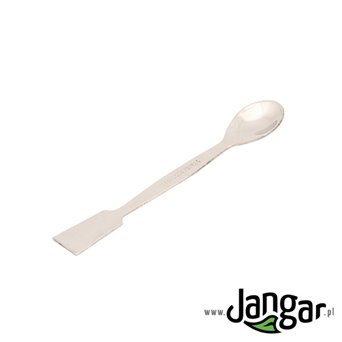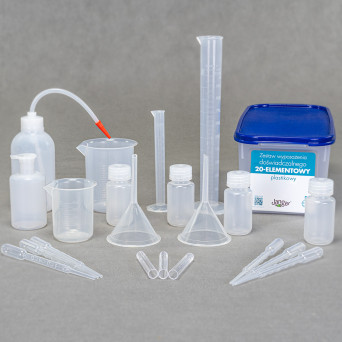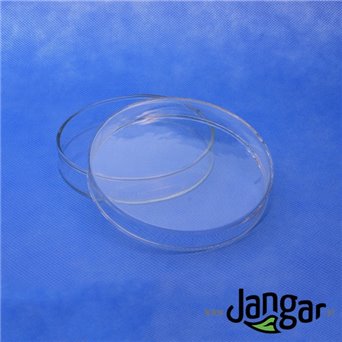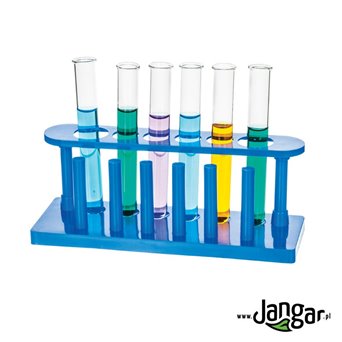
We offer a wide range of soil testing equipment for various applications. The type of soil testing equipment that you should buy depends on the specific purpose and intended use. Here are some examples of useful soil testing equipment that can be purchased from jangar.pl:
-
Soil pH meter - a device that measures the acidity or alkalinity of soil. This tool is useful for determining the suitability of soil for various types of plants, as different plant species require different pH levels.
-
Soil moisture meter - a device that measures the amount of water in soil. This tool is useful for ensuring that plants receive the appropriate amount of water and for monitoring soil moisture levels in agricultural applications.
-
Soil texture analysis kit - a set of tools that are used to determine the texture of soil, including the proportion of sand, silt, and clay. This information is important for understanding soil fertility and for making decisions about agricultural management practices.
-
Soil nutrient testing kit - a set of tools that are used to determine the nutrient content of soil, including levels of nitrogen, phosphorus, and potassium. This information is useful for developing a fertilization plan for agricultural applications.
-
Soil compaction tester - a device that measures the amount of force required to penetrate soil. This tool is useful for understanding soil structure and for making decisions about soil management practices.
-
Soil sampling kit - a set of tools that are used to collect soil samples for testing. This kit typically includes a soil probe or auger, sample bags, and labeling materials.
All of these tools can be useful for understanding soil properties and for making decisions about soil management practices. By purchasing soil testing equipment from jangar.pl, you can ensure that you have access to high-quality, reliable tools that are designed for specific soil testing applications. Additionally, jangar.pl offers a wide range of products at competitive prices, making it a great choice for soil testing equipment.
Soil testing during school classes. Sampling, pH testing, distinguishing soil profiles and division into individual fractions will become a source of understanding of the theoretical information from the handbook and use for research in practice. It is all possible with our eqipment. Education will result in our better lives now and in future!
Soil monitoring involves systematic testing of selected soil parameters, which allows for the determination of its condition and changes occurring over time. The purpose of such monitoring is to understand the current state of the soil and its changes over time, enabling actions to protect and improve soil quality.
Soil monitoring can be carried out on various scales, from small, local studies to large research programs covering many areas. Depending on the research objectives, different tools and methods can be used for soil monitoring.
The basic parameters monitored in soil research include, among others, nutrient content, pH, moisture, organic matter content, type and quantity of microorganisms, as well as chemical and physical pollutants.
Conducting soil monitoring requires the use of specialized tools and equipment such as soil moisture meters, soil probes, soil chemical composition analyzers, and soil sampling kits. All of these tools allow for accurate measurements and analysis of soil composition, enabling determination of its condition and necessary actions.
In addition to laboratory measurements, soil monitoring can also be carried out using special sensors placed in the soil, which allow for continuous recording of parameters such as temperature, moisture, or precipitation.
It is also important to maintain continuity of soil testing to obtain a complete picture of the soil condition over time. Regular measurement and analysis allow for early detection of problems and taking corrective action, which will protect the soil and prevent degradation of its quality.





































































































































































































































































































































